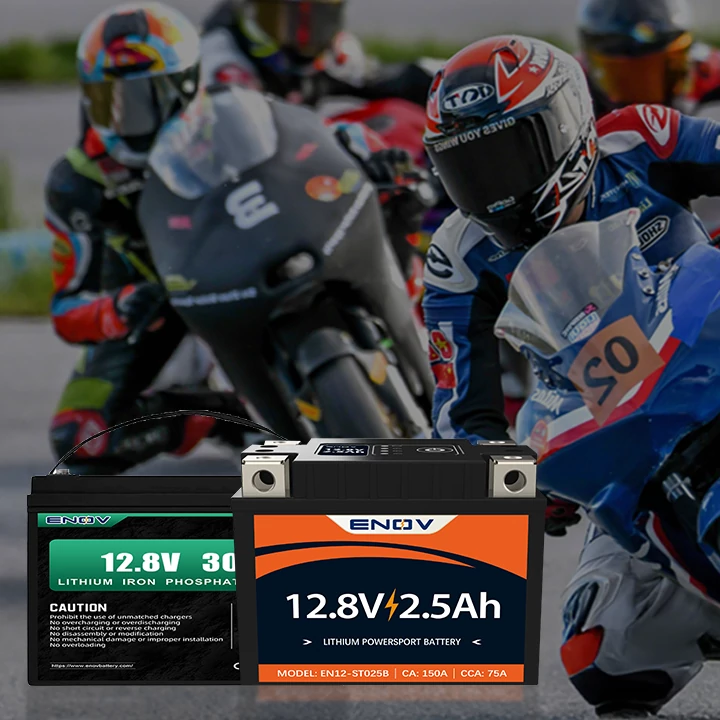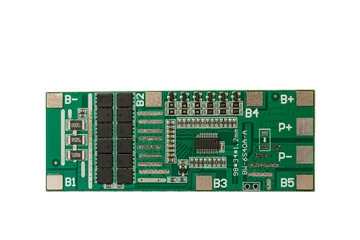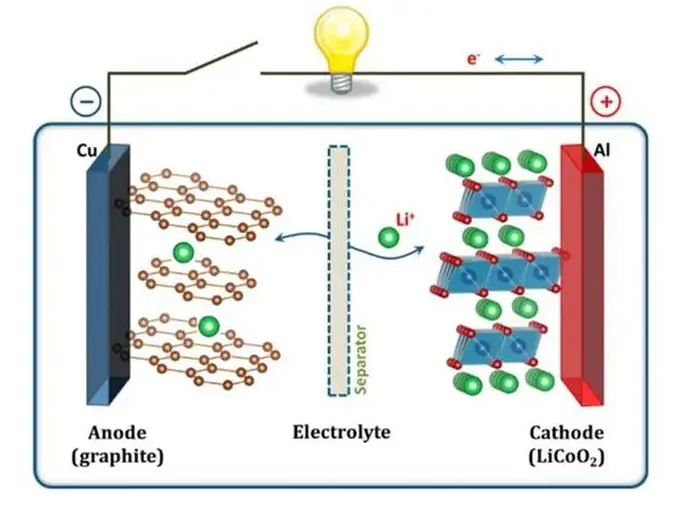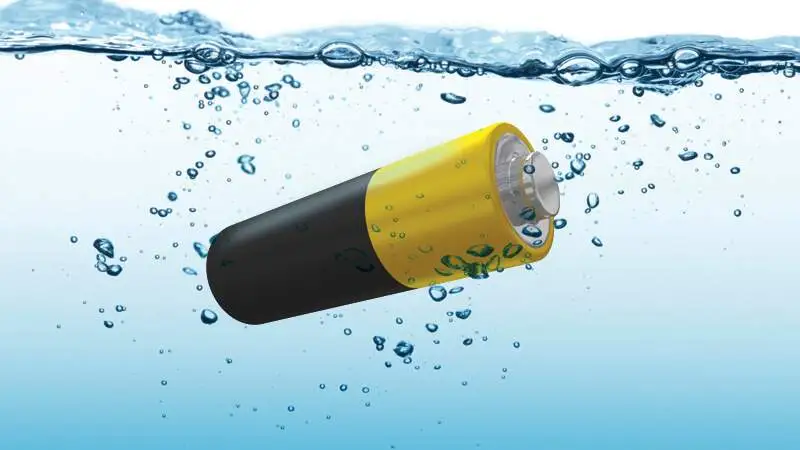Understanding the Materials of the BMS MCU
main content
The Battery Management System (BMS) Main Control Unit (MCU) is the brain of modern lithium motorcycle batteries, combining advanced materials and technologies to deliver safety, efficiency, and reliability. This article explores the core materials used in BMS MCUs, highlighting their roles in optimizing battery performance under extreme conditions.
Key Materials in BMS MCU Construction
1.High-Performance Silicon-Based Microcontrollers
At the heart of the MCU lies a microcontroller chip, typically fabricated using silicon-based semiconductor technology. These chips are designed with Arm® Cortex®-M series cores (e.g., M4, M7) to balance computational power and energy efficiency. Advanced nodes like 40nm or 28nm processes ensure low power consumption while supporting real-time SOC/SOH calculations and fault detection.
2.Robust Memory Modules
Non-volatile memory (Flash) and RAM are critical for storing firmware, battery models, and operational data. High-endurance Flash memory ensures data retention even during abrupt power losses, while low-leakage SRAM minimizes energy drain during standby modes.
3.Precision Analog Components
Analog-to-digital converters (ADCs) with ±10mV accuracy enable precise voltage and temperature monitoring. These components use specialized materials like thin-film resistors and low-drift amplifiers to maintain stability across temperatures ranging from -40°C to 125°C.
4.Isolated Communication Interfaces
CAN FD, SPI, and I2C interfaces rely on galvanic isolation materials such as silicon dioxide (SiO₂) or polyimide layers. These materials prevent signal interference in high-voltage environments while enabling seamless communication with battery monitoring chips and vehicle ECUs.
5.Thermal Management Substrates
To dissipate heat from high-current MOSFET drivers, MCUs integrate substrates like aluminum nitride (AlN) or direct-bonded copper (DBC). These materials ensure thermal stability during rapid charge/discharge cycles, preventing overheating in compact motorcycle battery compartments.
6.Safety-Certified Packaging
MCUs rated for automotive SIL-3 or ISO 26262 standards use epoxy molding compounds (EMCs) with high glass transition temperatures (Tg > 200°C). These materials protect the die from moisture, vibration, and chemical exposure, ensuring longevity in harsh riding environments.
Why Material Selection Matters
Durability: High-temperature-resistant substrates and encapsulation enable operation in extreme climates, from desert heat to sub-zero winters.
Energy Efficiency: Low-leakage semiconductors extend battery life by reducing quiescent currents to as low as 0.1µA in sleep modes.
Safety: Isolated communication layers and fault-tolerant circuitry prevent short circuits, critical for lithium batteries prone to thermal runaway.
Conclusion
The materials used in a Battery Management System MCU directly define its reliability and performance. By leveraging advanced silicon, precision analog components, and rugged packaging, modern MCUs ensure motorcycle batteries deliver peak power, longer lifespans, and uncompromised safety. For riders and manufacturers, understanding these materials underscores the importance of investing in high-quality BMS solutions tailored for demanding two-wheeler applications.
RELATED BLOG

START-STOP LITHIUM battery
Enov start-stop battery is designed to provide excellent performance for high-demand start-stop vaehicles. It adopts the third-generation intelligent lithium platform architecture to achieve technological breakthroughs in core indicators such as cycle life, environmental adaptability and energy density. Compared with the traditional lead-acid battery system, the energy efficiency is increased by 210%, the cycle life is extended by 8-10 times, and the monthly self-discharge rate is controlled within 3%. Enov's unique low-temperature battery technology makes a breakthrough in achieving stable output in the whole climate domain from -30℃ to 65℃, maintaining more than 90% of the effective capacity release under extremely cold conditions (-30℃), and maintaining 90% of the capacity in high temperature environments (65℃).
The start-stop battery series products cover the mainstream voltage platform of 12V/24V/48V, and support flexible configuration of LFP (lithium iron phosphate) and NCM (lithium nickel cobalt manganese oxide) dual-material system. All models adopt modular design to support customization of different model specifications. Enuo engineering and technical team to provide full cycle technical service support, if you need, please contact us.
Other products
UAV BATTERY
LITHIUM ENERGY STORAGE BATTERY
QUICK INQUIRY
FAQ
Access to high frequency technical questions with one click, get accurate answers on product application, after-sales policy and customization process.
Service and Support
Get the latest product specifications, explore professional OEM/ODM customization services, click to open exclusive technical support and production solutions.
Become a Partner
We sincerely invite resources to interconnect, work together for win-win development, and immediately open a new chapter of strategic cooperation!



